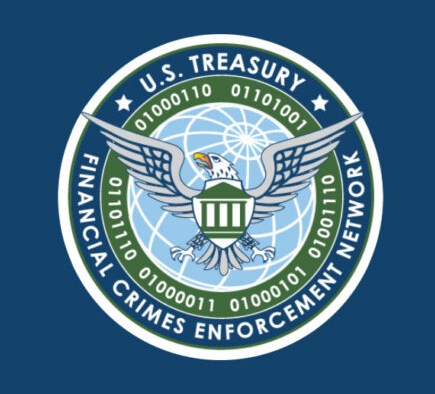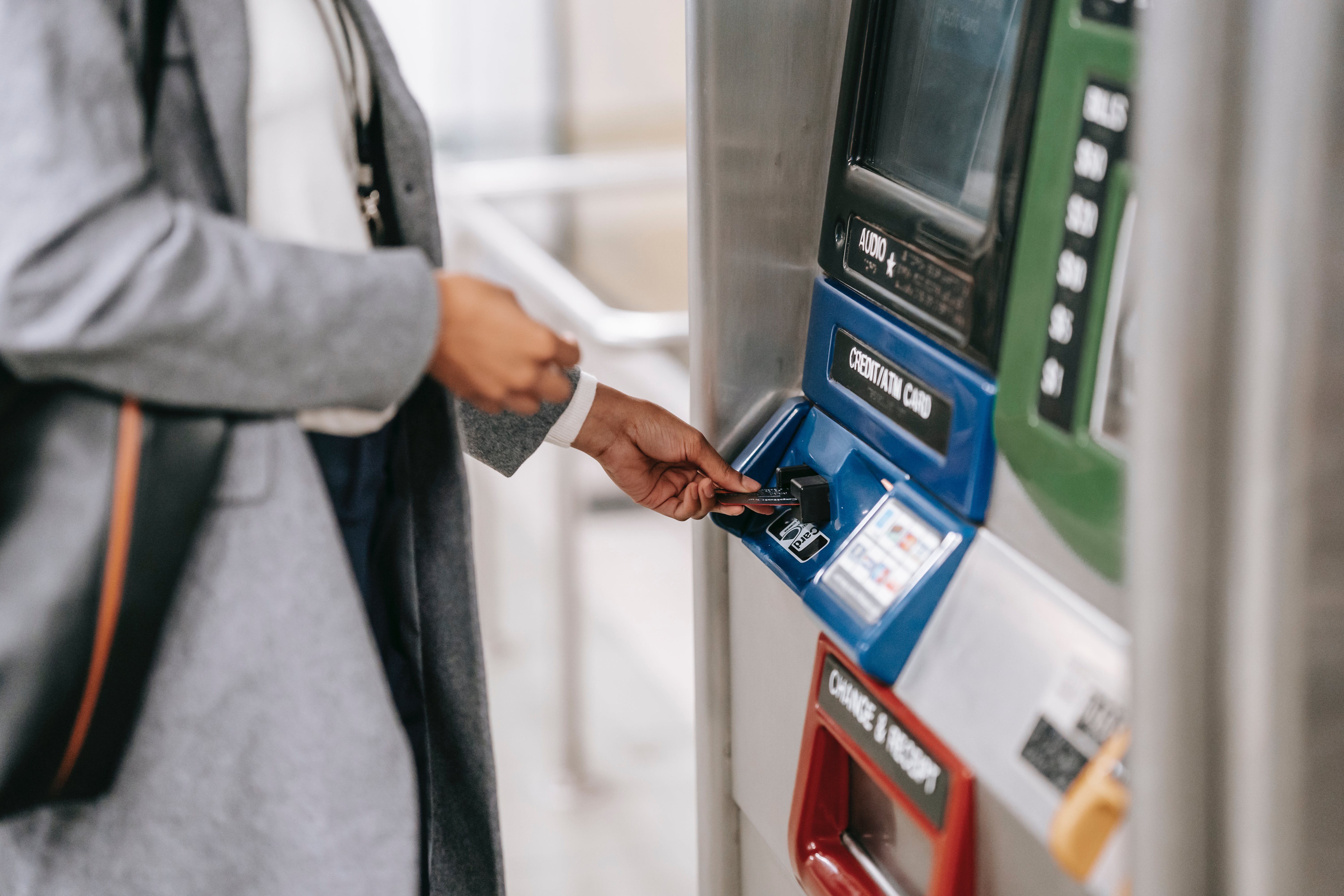
Introduction:
In the ever-evolving landscape of financial regulation, transparency stands as a cornerstone in the fight against illicit financial activities. The Financial Crimes Enforcement Network (FinCEN), a bureau of the United States Department of the Treasury, has taken a significant step forward in this endeavor with the implementation of beneficial ownership information reporting. This initiative aims to shed light on the individuals who ultimately own or control legal entities, providing a potent tool in the global effort to combat money laundering, corruption, and other financial crimes.
Understanding Beneficial Ownership:

Before delving into the importance of beneficial ownership information reporting, it’s crucial to grasp the concept of beneficial ownership. This term refers to the natural person(s) who directly or indirectly own or control a legal entity, such as a company or trust. Identifying these individuals is pivotal in understanding the flow of funds and preventing the misuse of corporate structures for illicit purposes.
The FinCEN Approach:
FinCEN’s beneficial ownership information reporting rule, implemented as part of the Corporate Transparency Act (CTA) in the United States, requires certain companies to disclose their beneficial owners to FinCEN. These reports include information such as names, addresses, dates of birth, and unique identification numbers, providing law enforcement agencies with a valuable resource to investigate and track financial wrongdoing.
Key Benefits of Beneficial Ownership Information Reporting:
1. Enhanced Transparency and Accountability:

By requiring companies to disclose their ultimate beneficial owners, FinCEN’s reporting rule promotes transparency and accountability in the business world. This transparency is a powerful deterrent to those seeking to exploit corporate structures for illegal activities.
2. Aiding Law Enforcement:
Access to accurate and up-to-date beneficial ownership information equips law enforcement agencies with the tools needed to investigate and prosecute financial crimes. It enables them to follow the money trail, uncover hidden connections, and dismantle complex money laundering schemes.
3. Global Impact:
The interconnected nature of the global financial system means that information sharing is crucial in the fight against transnational crime. Beneficial ownership information reporting aligns with international efforts to enhance financial transparency and combat corruption on a global scale.
4. Protecting the Financial System:
By identifying and mitigating the risks associated with money laundering and other financial crimes, beneficial ownership reporting helps safeguard the integrity of the financial system. This, in turn, enhances trust and confidence in the financial markets.

5. Business Integrity and Reputation:
Companies that operate with transparency and integrity are more likely to build and maintain a positive reputation. Beneficial ownership reporting not only serves as a regulatory requirement but also as a way for businesses to demonstrate their commitment to ethical practices.
Challenges and Future Considerations:
While beneficial ownership information reporting represents a significant step forward, it is not without challenges. Concerns regarding data privacy, the potential for misuse of information, and the need for effective enforcement mechanisms must be carefully addressed. Additionally, ongoing international cooperation is crucial to ensure the effectiveness of these measures on a global scale.
Conclusion:
FinCEN’s beneficial ownership information reporting is a pivotal development in the ongoing fight against financial crimes. By bringing greater transparency to the ownership structures of legal entities, this initiative empowers regulators, law enforcement, and businesses alike to foster a more secure and accountable financial environment. As the global community continues to grapple with the complexities of financial crime, the implementation and refinement of beneficial ownership reporting will play a crucial role in shaping a more transparent and resilient financial landscape.
A great resource for more information about this is the Frequently Asked Questions about Beneficial Ownership Information Reporting webpage on the FinCEN website: https://www.fincen.gov/boi-faqs
Disclaimer: The information provided above is not meant to be legal or tax advise. You should consult your CPA and attorney to determine the best course of action for your situation.
Mitzi E. Sullivan, CPA is a cloud based professional services provider
specializing in cloud accounting.